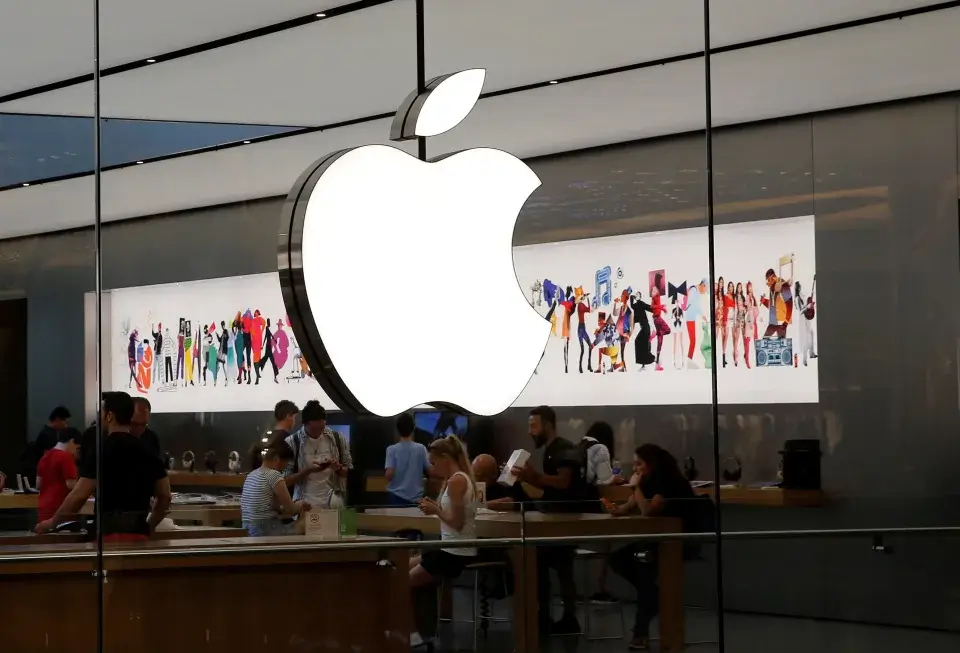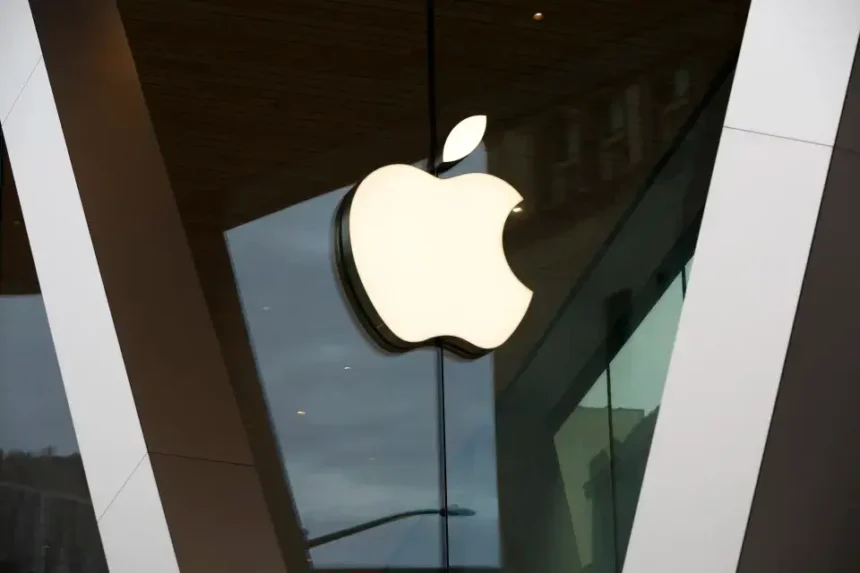Apple is potentially facing a massive fine of up to 10 percent of its global annual revenue following allegations from the European Union that it violated the Digital Markets Act (DMA). The preliminary findings of the EU’s investigation reveal that Apple breached the DMA by restricting App Store developers from freely informing users about alternative payment options outside of Apple’s ecosystem.
If found guilty, Apple could be fined tens of billions of dollars, with repeated violations leading to fines of up to 20 percent of global annual revenue. This investigation, initiated by the European Commission (EC) in March, marks the first regulatory action under the DMA, as reported by The Financial Times.
Breach of Anti-Steering Rules
The EC’s preliminary findings suggest that Apple has violated anti-steering rules, which are designed to allow third-party developers to inform users about alternative purchase methods without incurring extra charges. According to the EC, Apple’s updated terms do not permit developers to freely guide customers towards cheaper payment options. Instead, developers can only provide a link to a web page for payments, which is subject to several Apple-imposed restrictions that hinder communication, promotion, and contract conclusion through developers’ preferred channels.
Excessive Fees and Restrictions
Regulators argue that while Apple is entitled to some remuneration for helping developers find new customers through the App Store, the fees it charges exceed what is necessary. For instance, developers must pay Apple a fee for any digital service or goods purchased within seven days of an app link-out. Moreover, Apple charges developers up to 30 percent for purchases made via the App Store, similar to Google’s Play Store fees. This enables developers to offer lower prices to consumers if purchases are made outside the App Store.
Past and Ongoing Legal Battles
In 2020, Epic Games informed Fortnite players that they could save on V-Bucks by purchasing directly from the developer, leading to the game’s removal from both the Apple and Google app stores and subsequent legal battles. Under the DMA, Epic plans to launch its own mobile app store in the EU and re-release Fortnite later this year.

Apple’s Response and Previous Fines
Apple has made several changes in response to the DMA, claiming compliance with the law and stating that more than 99 percent of developers would pay the same or less in fees under new business terms. The company emphasizes that developers can now direct users to the web for purchases at competitive rates. Apple recently faced a €1.8 billion ($1.95 billion) fine from the EU over similar anti-steering violations involving music streaming apps, a fine Apple is challenging.
New Investigations and Additional Fees
The EC has launched a new investigation into Apple’s fees for accessing DMA-enabled features, like third-party app marketplaces. These fees, announced in January, include a core technology fee of €0.50 per user per year after the first million users, applicable even to third-party app marketplace downloads. Many rivals have criticized these terms.
The EC is also scrutinizing whether Apple makes it too difficult for users to install third-party app marketplaces and apps. This includes examining the eligibility requirements for developers to offer alternative app stores or direct app distribution from the web on iPhones.
Delayed Rollout of New Features
On Friday, Apple announced a delay in the rollout of Apple Intelligence, its suite of generative AI features for iOS 18, in the EU. Apple cited concerns that DMA’s interoperability requirements could compromise user privacy and data security.
Apple’s ongoing legal and regulatory challenges in the EU highlight the significant impact of the DMA on its business practices and future developments.










